Gastroesophageal Reflux: Causes, Symptoms and Management
- What Causes Gastroesophageal Reflux?
Gastroesophageal reflux is due to the immaturity of the lower esophageal sphincter, which leads to food being pushed back into the esophagus instead of remaining in the stomach. - What Are the Symptoms of Gastroesophageal Reflux?
The main symptom is spontaneous regurgitation related to feedings. In more severe cases, it can present with symptoms such as difficulty swallowing and a burning sensation due to esophagitis caused by the stomach’s acidic contents. Less common symptoms include hoarseness, persistent cough (due to aspiration), pneumonia, intense crying, irritability, poor weight gain, and anemia. A characteristic sign is when the baby arches its back, like a bow. - How Is It Diagnosed?
Suspicion of gastroesophageal reflux arises from clinical symptoms. The gold-standard diagnostic test is a 24-hour esophageal pH monitoring, which is somewhat uncomfortable and requires hospitalization. An ultrasound examination of the esophagus can also reliably detect moderate to severe reflux. This is a simpler and more immediate method. - How Is Gastroesophageal Reflux Managed?
The first step is to reassure and inform the parents about the nature of the condition. Recommendations include offering frequent, small meals, providing guidance on the baby’s positioning, reinforcing breastfeeding, or using anti-reflux formulas. - After each feeding, hold your baby upright so that they can burp thoroughly, even if it takes 20-40 minutes.
Avoid placing the baby flat in their crib immediately after feeding.
You can elevate the crib’s head by about 30-45 degrees, ensuring the baby’s head is positioned on the raised end.
For infants with severe gastroesophageal reflux, introducing solid foods early (at the age recommended by pediatric gastroenterology guidelines and your pediatrician) may be advised.
Medication is usually recommended for severe gastroesophageal reflux and aims to address or prevent complications like esophagitis. In premature infants with severe reflux, antiacid therapy may be given from the first months, under paediatric guidance. - It’s important to know that reflux is usually a temporary issue, with significant symptom improvement after the first three months of life and, in most cases, complete resolution by 12 months of age.
Dr. Katerina Katsibardi, MD, PhD
Paediatrician
Doctor of Medicine, National and Kapodistrian University of Athens
www.katsibardi.gr
Note: Regular paediatric check-ups are recommended. This article provides general information, and in all cases, you should consult your paediatrician.











